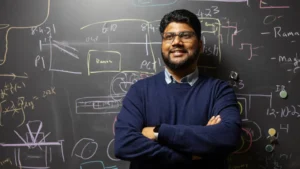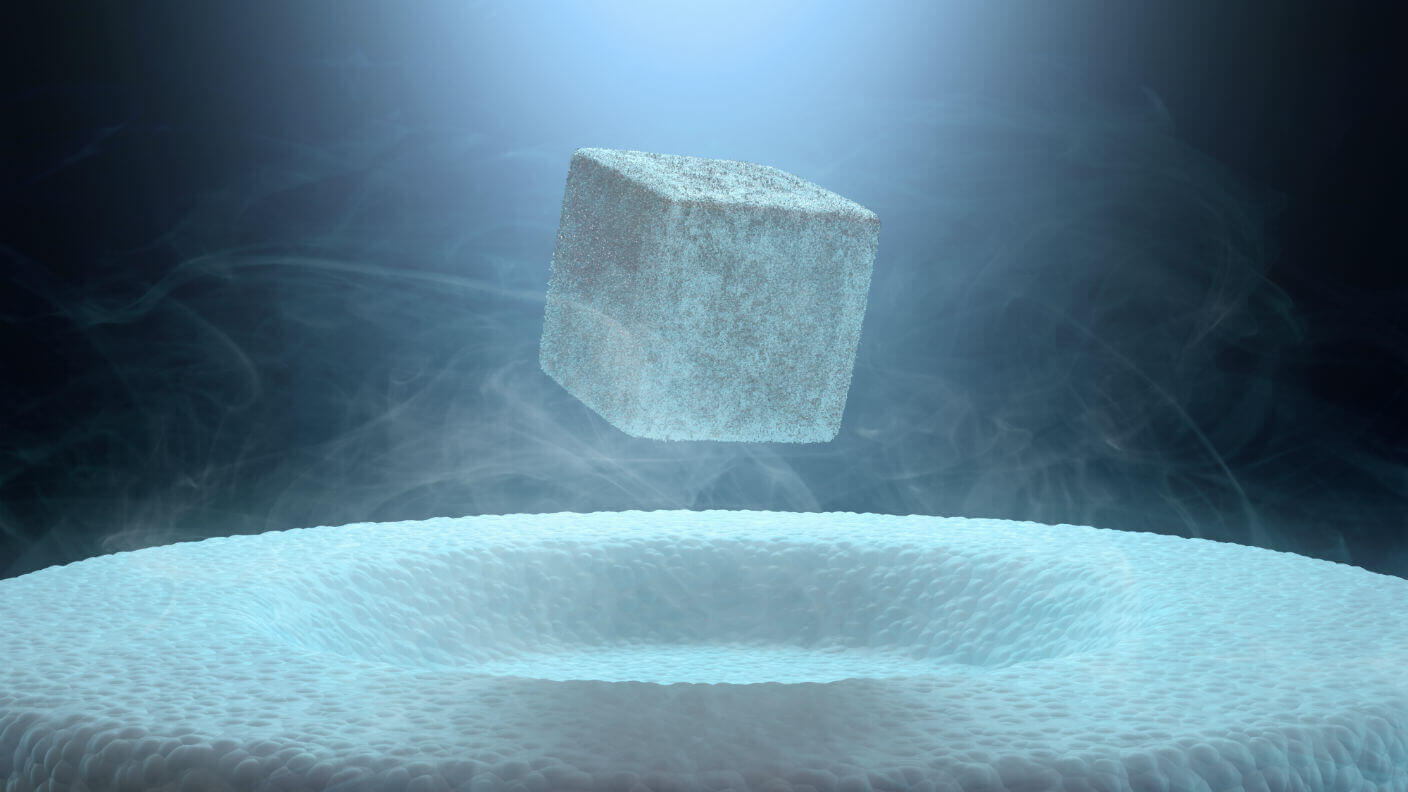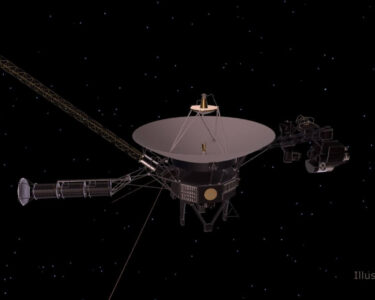The scientific community is reeling after a physicist at the center of a groundbreaking discovery in superconductivity admitted to manipulating data. This revelation casts a dark cloud over what was hailed as a potential revolution in energy transmission and electronics.

Ranga Dias, the researcher involved, was part of a team that claimed to have achieved superconductivity, a state where electricity flows with zero resistance, at room temperature. This discovery, if true, would have eliminated inefficiencies in power grids and paved the way for next-generation electronics.
However, a recent investigation commissioned by Dias’s university revealed a disturbing truth. The report alleges that Dias fabricated, falsified, and plagiarized data, shattering the credibility of the supposed breakthrough.
The news sent shockwaves through the scientific world. Superconductivity at room temperature has been a long-sought goal, and Dias’s claims initially sparked immense excitement. Colleagues reported witnessing unusual results in his experiments, but according to the investigation report, these findings were manipulated.
Sachith Dissanayake, a co-author on the original research paper, reportedly raised concerns about data irregularities with Dias as early as August 2022. The report suggests Dias disregarded these warnings, further raising questions about the integrity of the research process.
The fallout from this incident is significant.
Not only does it discredit the claimed discovery, but it also undermines public trust in scientific research. Rigorous peer review and ethical conduct are cornerstones of scientific progress, and this case highlights the importance of upholding those principles.
The scientific community must now move forward with a renewed focus on research integrity. Institutions will likely tighten their procedures to prevent similar cases, and replication of scientific findings will be scrutinized even more closely.
Dias’s confession serves as a stark reminder of the importance of scientific honesty. While the path to room-temperature superconductivity remains uncharted, researchers committed to ethical practices will continue the pursuit of this transformative goal.





